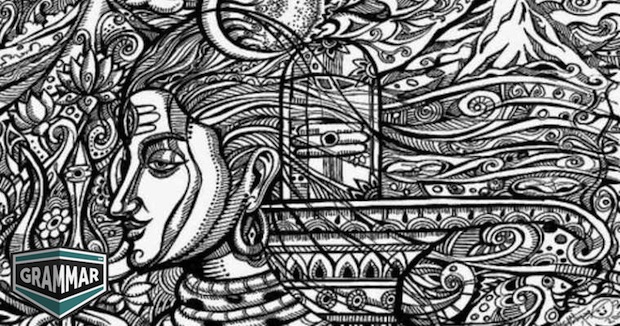The nouns allusion and illusion sound quite similar, and they both have connotations of intangibility. As a result, they are sometimes confused by writers. Consider the sentences below;
The Simpsons is full of allusions to well-known films.
I am under no illusion how much work is required.
Are the nouns used right in the above sentences? Can you figure out the meanings of both allusion and illusion from the sentences?
This article will throw light on allusion and illusion as nouns, their origins, usage and examples in real life.

Origin:
The word allusion originated in mid-16th century (denoting a pun, metaphor, or parable): from French, or from late Latin allusio(n- ), from the verb alludere meaning allude. The word illusion originated from Middle English (in the sense ‘deceiving, deception’): via Old French from Latin illusio(n- ), from illudere ‘to mock’, from in- ‘against’ + ludere ‘play’.
Allusion as noun:
Allusion is used in English language as a noun where it means an expression designed to call something to mind without mentioning it explicitly; an indirect or passing reference.
This play is a perfect allusion to Shakespeare.
Allusion also refers to the practice of making allusions.
The use of allusion in his speech was a little contradictory among judges.
Illusion as noun:
Illusion is also used as a noun in English language where it means an instance of a wrong or misinterpreted perception of a sensory experience.
Stripes embellish the surface to create the illusion of various wood-grain textures.
Illusion also refers to a deceptive appearance or impression.
The illusion of their family togetherness shattered.
A false idea or belief is also called illusion.
He had no illusions about the trouble she was in.
Examples:
Anyone familiar with the works of noted author John Feinstein knows that title could be an allusion to his 1980s book about a legendary college basketball coach and the Indiana program. [Boston Herald]
Perhaps this is an allusion to traditional theories in these fields that neglected differences between people for the sake of mathematical simplicity. [Wall Street Journal]
George Bernard Shaw once said the single biggest problem in communication is the illusion that it has taken place. [Daily Herd Management]
In short, the owners felt they were trading their right to privacy for the mere illusion of greater safety. [Vancouver Sun]
Allusion or illusion:
An allusion is a reference, direct or implied, to something or someone. Allusions are often found in books, songs, TV shows, and movies. For instance, the title of Aldous Huxley’s classic novel Brave New World is allusion to a work by William Shakespeare. An illusion, on the other hand, is something that deceives the mind or senses by creating a false impression of reality. Illusions are often (though not always) related to visual perception, as in optical illusion. A mirage, such as the phenomenon of perceiving a sea of water in a desert, is a type of illusion. To keep them straight, try associating the “i” in illusion with an eye, relating the term to optical illusions.








Have a discussion about this article with the community:
Report Comment
We're doing our best to make sure our content is useful, accurate and safe.
If by any chance you spot an inappropriate comment while navigating through our website please use this form to let us know, and we'll take care of it shortly.
Attachment
You need to be logged in to favorite.
Log In